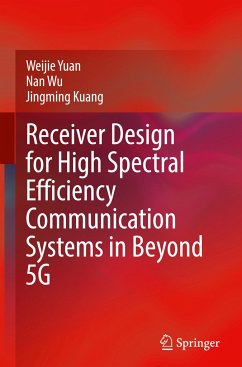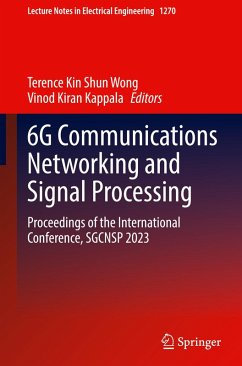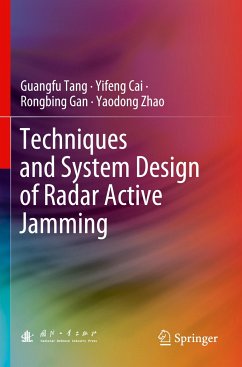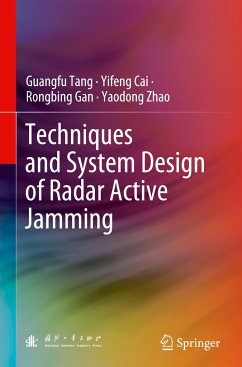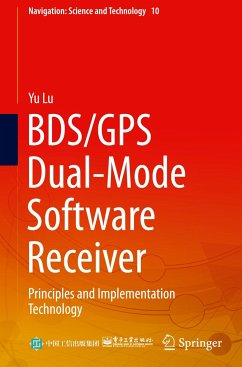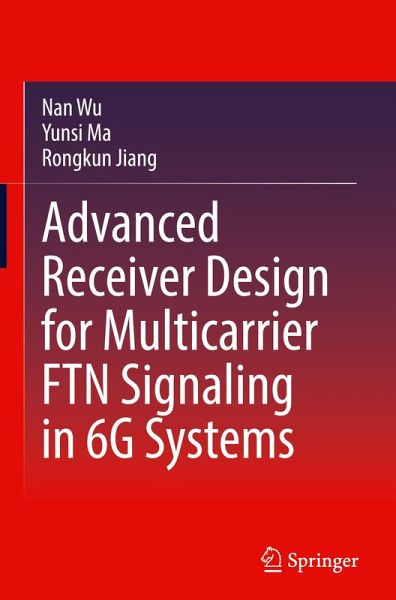
Advanced Receiver Design for Multicarrier FTN Signaling in 6G Systems

PAYBACK Punkte
49 °P sammeln!
This book focuses on the design of low-complexity iterative receivers in high spectral efficiency communication systems, especially under frequency-selective fading channels. Specifically, it combines multi-carrier faster-than-Nyquist (MFTN) signaling, spectrally efficient frequency division multiplexing (SEFDM), and index modulation (IM) to study the hybrid message passing based low-complexity iterative receivers, the frequency-domain joint channel estimation and equalization (FDJCEE) algorithm, and the vector approximate message passing (VAMP) based iterative equalization algorithms. These m...
This book focuses on the design of low-complexity iterative receivers in high spectral efficiency communication systems, especially under frequency-selective fading channels. Specifically, it combines multi-carrier faster-than-Nyquist (MFTN) signaling, spectrally efficient frequency division multiplexing (SEFDM), and index modulation (IM) to study the hybrid message passing based low-complexity iterative receivers, the frequency-domain joint channel estimation and equalization (FDJCEE) algorithm, and the vector approximate message passing (VAMP) based iterative equalization algorithms. These methods effectively address the challenges of symbol detection and channel estimation for MFTN signaling and significantly improve the spectral efficiency and bit error rate (BER) performance. This book is of a good reference for researchers, engineers, and students in the fields of wireless communications and signal processing.



